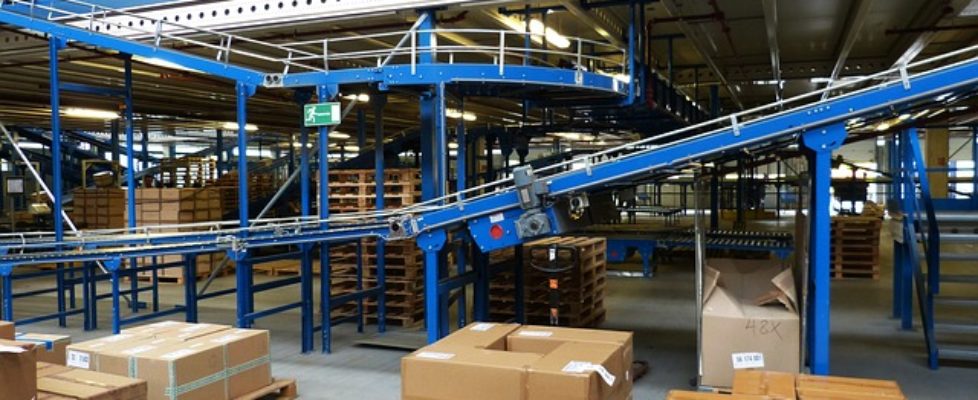Unveiling the Dynamics: FBM vs. FBA – A Comprehensive Guide
In the ever-evolving landscape of e-commerce, sellers are constantly exploring different avenues to optimize their operations and enhance customer satisfaction. Two popular models that have gained prominence in the realm of online retail are Fulfillment by Merchant (FBM) and Fulfillment by Amazon (FBA). In this blog post, we’ll delve into the intricacies of these two models, shedding light on their differences, benefits, and potential drawbacks.
FBM (Fulfillment by Merchant):
Definition:
Fulfillment by Merchant, as the name suggests, involves the seller taking on the responsibility of order fulfillment. This means that the seller manages the storage, packaging, and shipping of products directly to the customers.
Benefits:
- Control over Operations: FBM provides sellers with complete control over the entire fulfillment process. This includes the ability to customize packaging, manage inventory levels, and have a hands-on approach to customer service.
- Lower Fulfillment Costs: Sellers may find that fulfilling orders in-house can be more cost-effective, especially for smaller businesses or those with specialized products.
- Flexibility: FBM allows sellers to adapt quickly to changes in demand, as they have direct control over their inventory and can adjust stock levels as needed.
Negatives:
- Limited Prime Eligibility: FBM sellers may find it challenging to qualify for Amazon Prime, potentially missing out on the significant benefits associated with this program, such as increased visibility and faster shipping.
- Storage and Logistics Challenges: Managing inventory, storage space, and the logistics of shipping can be demanding for sellers, especially as their business grows.
FBA (Fulfillment by Amazon):
Definition:
Fulfillment by Amazon is a model where sellers send their products to Amazon’s fulfillment centers. Amazon then takes charge of storing, packing, and shipping the products when a customer places an order.
Benefits:
- Prime Eligibility: FBA sellers enjoy the advantage of being eligible for Amazon Prime, giving their products a competitive edge with faster shipping options and enhanced visibility.
- Scalability: FBA is well-suited for businesses looking to scale quickly, as Amazon handles the complexities of logistics and allows sellers to focus on other aspects of their business.
- Customer Trust: Products fulfilled by Amazon tend to instill a higher level of trust in customers, as they benefit from Amazon’s renowned customer service and returns policy.
Negatives:
- Fees: FBA comes with associated fees, including storage fees and fulfillment fees, which can eat into profit margins, particularly for low-margin products.
- Less Control: Sellers using FBA relinquish some control over the fulfillment process, relying on Amazon’s systems for order processing and inventory management.
Ultimately, the choice between FBM and FBA depends on the unique needs and goals of the seller. While FBM provides control and cost advantages, FBA offers scalability and the prestige of Prime eligibility. Sellers should carefully evaluate their business requirements, product characteristics, and growth plans to determine which model aligns best with their overall strategy.









 When you can reduce the operational costs of running an eCommerce store, you can pass these savings on to the customer and generate more profit for your business too. This article will help you reduce eCommerce costs.
When you can reduce the operational costs of running an eCommerce store, you can pass these savings on to the customer and generate more profit for your business too. This article will help you reduce eCommerce costs.


